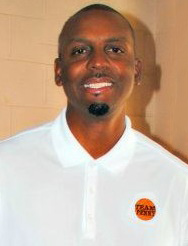A Quote by Jesse James Garrett
User-centered design means understanding what your users need, how they think, and how they behave - and incorporating that understanding into every aspect of your process.
Related Quotes
The amount of preparation I saw from someone like [David] Fincher, and how aware he is of everybody else's job on the set, and how much respect he has for every aspect of the film, and every aspect of the frame - that's the type of actor I am now; it's not the type of actor I was then. But without understanding his process, and then coming to learn it later on, I would never be the actor I am now.
I used to read more when I was a kid than I do now. It was all sort of fuel for the fire to teach you how to think and how to make things and it informed the architecture that I was doing. It's better coming in with that history and that kind of knowledge and depth of understanding of humanity that is very important for building buildings - for understanding people and how they should live and how you could make your lives better and stuff like that.
Class is much more than Marx's definition of relationship to the means of production. Class involved your behavior, your basic assumptions, how you are taught to behave, what you expect from yourself and from others, your concept of a future, how you understand problems and solve them, how you think, feel, act.
I like to question the minutia, to get to the essence of things. The minutia of life is all about design. It's about the design of how you talk to another human being; it's the design of speech; it's the design of everything we do. We need to be better at listening, and we need to aim more directly at understanding and being understood.
You have to be very cautious about what you are doing for charity and things like that. I think you have to start with your life. I think that's what life is expecting you to do. In your family, in your surroundings, in your work life, in the people you're with, your relationships; how you behave and doing what you need to accomplish. That for me is being a hero every day of your life.



































